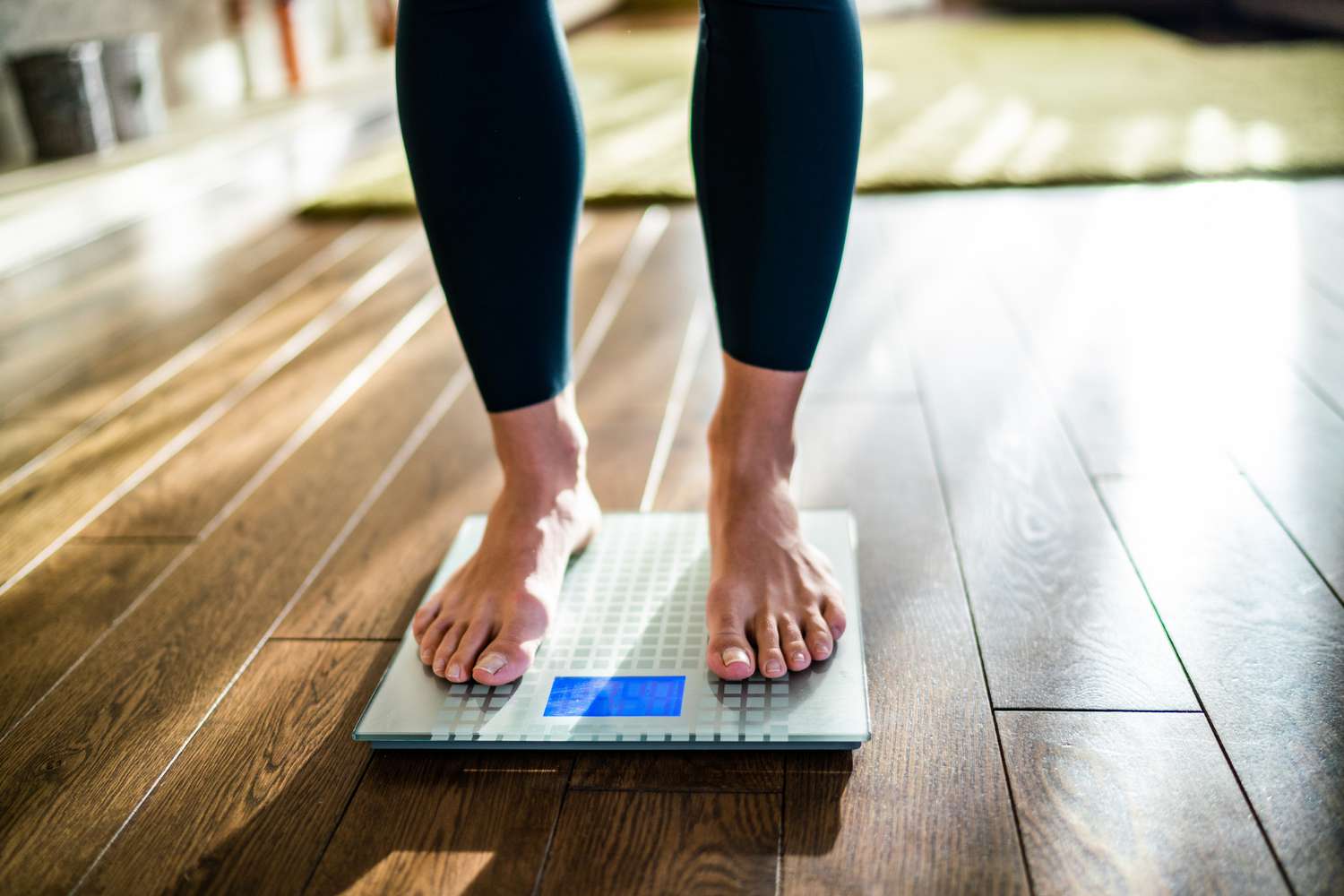The Impact of Weight Loss Medications on Your Skin: 'Ozempic Butt' and 'Ozempic Face'

Weight loss medications like Ozempic and Wegovy have gained popularity, but there are concerns about their effect on skin. Some people have reported sagging or aging skin, dubbed “Ozempic face” and “Ozempic butt,” after rapid weight loss caused by these drugs. Andrew Kraftson, MD, explained that weight loss can cause less tissue to cover the skin, resulting in a less full or saggy appearance. The decrease in skin elasticity due to age and the speed and amount of weight loss also affect sagging skin. Loose skin can occur in areas that appear more full when people gain weight, such as thighs and breasts, not just on the face and butt. Weight loss medications like Ozempic and Wegovy can reduce the risk of heart disease, stroke, and diabetes but may also cause sagging skin, a common side effect of quick, major weight loss.
In most cases, sagging skin is largely a cosmetic concern. But a prematurely aged appearance may still be a source of discomfort or insecurity for some people. And larger amounts of excess skin can present some health issues.
“For some individuals, it does have a medical impact,” Dr. Kraftson said. “That could be when there’s skin breakdown, skin irritation, rashes, hygienic issues, limitations to activity because of the excess skin.”
It may not be fully possible to avoid sagging or loose skin, as it’s a natural consequence of losing fat tissue. But it may be possible for some people to “minimize” these more negative side effects, Knighton said.
Some weight loss plans for medications such as Wegovy last about 18 months, he added. That more gradual usage may be enough time for the skin to “accommodate a bit more of those changes,” he said, as opposed to trying to lose the weight in a shorter amount of time.
“If your concern is about excess skin, then you can potentially go on a slower schedule, where you stay at a lower dose for longer,” Dr. Kraftson explained.
Keeping up a healthy lifestyle while trying to lose weight is also an important way to protect against “Ozempic butt” or “Ozempic face,” Knighton added.
NEWS is a good acronym to keep in mind when losing weight—nutrition, exercise, water, and sleep. They’re all proponents of losing weight in the first place—good nutrition and exercise may be obvious, but getting more sleep is associated with weight loss, as is proper hydration.
But these four may also reduce the extent of loose or sagging skin post-weight loss, Knighton added.
The body goes through a “dramatic process” when people lose large amounts of weight, and it’s important that the body has what it needs to successfully undergo that, she said.
“If we don’t take care of [our cells] then they won’t replenish themselves rapidly to take care of us,” Knighton said. “So getting the nutrient dense foods does help with that process. Getting exercise does help as well.”
Proper hydration and sleep—both of which may improve skin elasticity—are other important ways to support the body, and all the cell regeneration it’s doing during weight loss, Knighton added.
“I know that that sounds pretty simple,” she said. “Are they hydrating their bodies properly? Are they getting in nutrient dense foods? Are they exercising? And then are they getting enough sleep in order for their body to be able to restore and replenish?”
Weight loss and skin elasticity is very individual, so this may not work for everybody, Knighton said. Many people may assume that they can simply get rid of any loose skin after weight loss simply by exercising, Dr. Kraftson added, which “rarely, if ever, happens.”
People can consult their doctors if they’re concerned about sagging skin—sometimes plastic surgery may be a good option, Dr. Kraftson said, especially if people want to remove skin on the stomach, arms, or legs.




